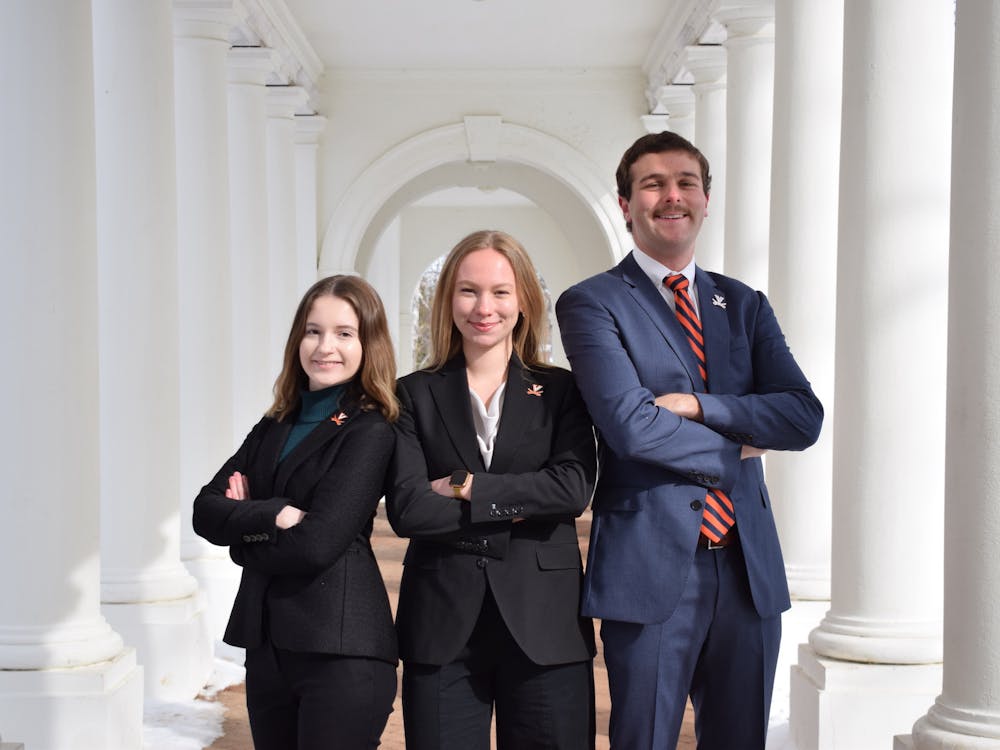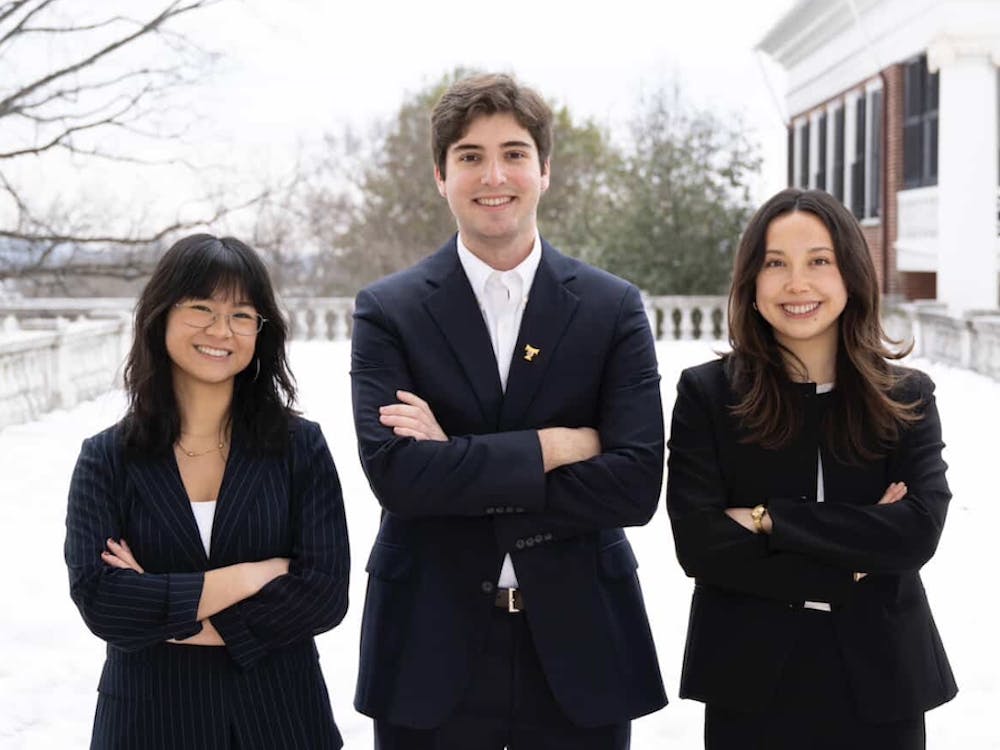A group concerned with the practice of inserting breathing tubes into cats by the University's pediatrics residency program filed a complaint with the U.S. Department of Agriculture's Animal and Plant Health Inspection Service Nov. 17.
The Physicians Committee for Responsible Medicine claims the program's practice of endotracheal intubation, despite the "widespread availability of educationally superior nonanimal training methods" violates the Animal Welfare Act, according to the complaint letter.
Endotracheal intubation is a procedure performed to secure an air path when an individual cannot breathe on his own. The procedure is taught to residents to prepare them to respond to the more than one million newborns affected yearly by perinatal asphyxia, a condition resulting from an infant's inability to obtain oxygen.
John Pippin, the director of academic affairs for PCRM co-signed the complaint with Dr. Josie Kinkade and said the practice of intubation on cats is both ethically and educationally substandard to the use of simulators.
"This is a substandard, outdated method for training pediatrics physicians," Pippin said, pointing to the anatomical differences between newborn babies and cats. "There are [anatomically correct] simulators that have been designed very specifically to replace the use of animals," he said, noting that 94 percent of pediatrics programs across the country substitute the "widespread availability of validated simulators" for animals.
The University's medical simulation center already owns simulators validated for this sort of training, according to a statement released by PCRM.
Although non-animal simulators are used whenever possible, the University's pediatrics residency program trains medical graduate residents in the practice of intubation on cats only when the use of the simulator would not be effective, University spokesperson Carol Wood said in a letter published by The Daily Progress.
"In the case of infants weighing less than four pounds, no current simulator provides adequate training in tracheal intubation - insertion of a tube into a baby's airway when he or she is in distress. Our training is invaluable in the seconds one has to successfully intubate a sick newborn," Wood wrote.
In a statement, Dr. Alix Paget-Brown, the current principal investigator on endotracheal intubation at the University, noted the value of teaching intubation with live subjects.
"The benefit given to participants from the experience of intubating a live, breathing, caring animal with secretions and a mobile tongue, none of which have successfully been duplicated in a mannequin, is invaluable in their training and ability to successfully intubate a sick newborn human," Paget-Brown said.
Wood noted the University is actively working on an adequate simulator substitute for the procedure, and assured that the cats are used in rotation, anesthetized, carefully monitored and adopted after retirement. Wood wrote that no cats had died or suffered permanent injuries as a result of the training.
In addition, Wood said the expertise gained in supervised intubation prevents damage to babies by inexperienced responders. "Our physicians believe that the approach we take is far more humane than sending physicians into practice to have their first real-world experience with this life-saving procedure occur on someone's critically ill newborn baby," she wrote.
If the USDA finds the University to be in violation of the AWA, it will be instructed to correct any violations.






